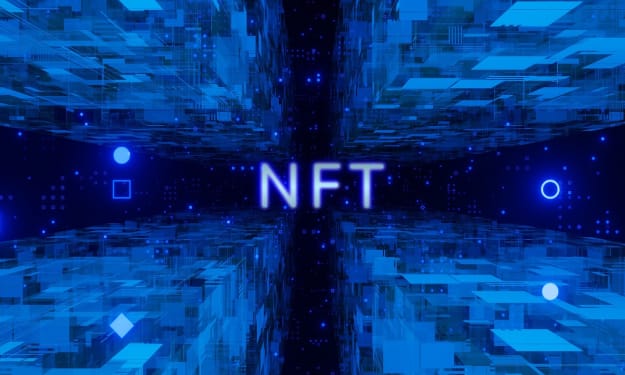The Future of Artificial Intelligence and Ethics
Balancing Technological Advancements and Ethical Considerations

Artificial Intelligence (AI) is rapidly evolving, transforming every aspect of our daily lives, and the rate of this development is increasing exponentially. As such, the discussion about the ethical dimensions of AI has become critically important, particularly as we consider the profound implications for society. The purpose of this article is to explore the future of AI and its interplay with ethics, examining the challenges we might face and the potential solutions to these conundrums.
As AI continues to advance, the lines between machine autonomy and human control blur. While AI offers significant benefits, its uncontrolled development raises ethical concerns that require thorough scrutiny. Some of the most pressing issues include privacy, accountability, transparency, and bias. AI systems have the capacity to process and analyze vast amounts of data, including personal data. While this capability can optimize processes and provide personalized services, it also raises serious privacy concerns. Individuals' private information may be exploited without their knowledge or consent. As we move into the future, we need ethical frameworks that can safeguard personal privacy and ensure that AI systems respect the boundaries of data access and use.
Another pivotal concern is accountability. As AI systems become more autonomous, it is increasingly challenging to determine who is responsible when something goes wrong. Clear lines of accountability need to be established. Engineers, users, operators, or even the AI system itself? The future of AI and ethics will hinge on these considerations and the resulting decisions. Moreover, AI’s "black box" nature poses significant issues. While AI can make incredibly accurate predictions or decisions, the processes by which they reach these conclusions are often opaque. This lack of transparency creates a trust issue, especially in high-stakes areas like healthcare or criminal justice. Future advancements must focus on making AI’s decision-making processes more transparent, enabling humans to understand and trust the AI’s decisions.
Lastly, the question of bias in AI systems remains a crucial issue. Many AI systems learn from data that is biased, either due to historical inequalities or skewed data collection. The risk is that these biases become automated and perpetuated, leading to discriminatory practices. Future ethical considerations must include measures to identify and eliminate bias from AI systems. Moving forward, the integration of ethics in AI development will be paramount. It will require the collective efforts of technologists, ethicists, policymakers, and society at large. More specifically, a human-centric approach to AI, where technology serves humanity, rather than the other way around, will be essential. This would involve creating ethically aligned design principles and applying them throughout the AI development process.
One approach gaining traction is the development of explainable AI (XAI). XAI aims to make AI decision-making processes transparent and understandable, enhancing trust and facilitating accountability. As we advance into the future, investing in such technologies will be crucial for ethical AI. Regulation will also play a vital role. Policymakers worldwide must work together to establish international standards and regulations for AI development and use, considering aspects like privacy, accountability, transparency, and bias.
Finally, education and public engagement are indispensable. The broader society needs to be informed and engaged in conversations about AI and its ethical implications. Only through such engagement can we develop AI technologies that respect our ethical standards and contribute to the well-being of society.
The future of AI is not predetermined; it will be a product of the decisions we make today. As we venture further into this uncharted territory, we must ensure that the development and deployment of AI align with our ethical standards. Ultimately, the goal is to harness the power of AI in a manner that benefits humanity, respects human rights, and upholds our shared values. The future of AI, intertwined with ethics, presents both challenges and opportunities. Yet, the potential for a symbiotic relationship where technology and humanity thrive together offers a compelling vision that we should strive towards.
As we continue to unravel the future of AI and ethics, one thing is certain: AI is no longer just about algorithms and computations; it's about people, society, and our shared future. Let us ensure that this future is shaped by our collective ethical values, leading to the development of AI systems that are not only technologically advanced but also socially and ethically responsible.
About the Creator
Enang Ecan
Freelance writer with 5+ years of experience, specializing in various topics. Commitment to quality and SEO-friendly content. Other interests: photography and travel






Comments
There are no comments for this story
Be the first to respond and start the conversation.